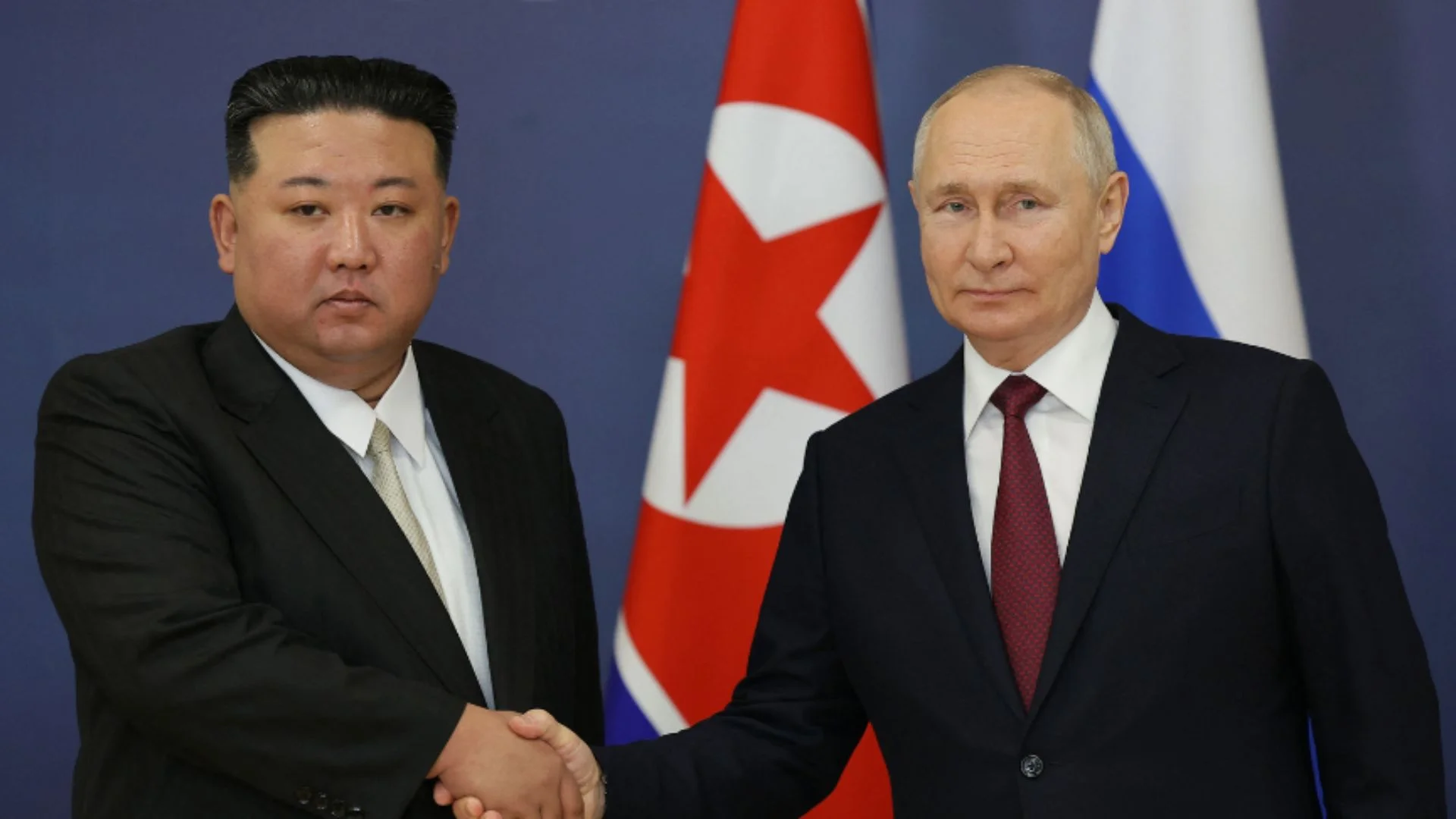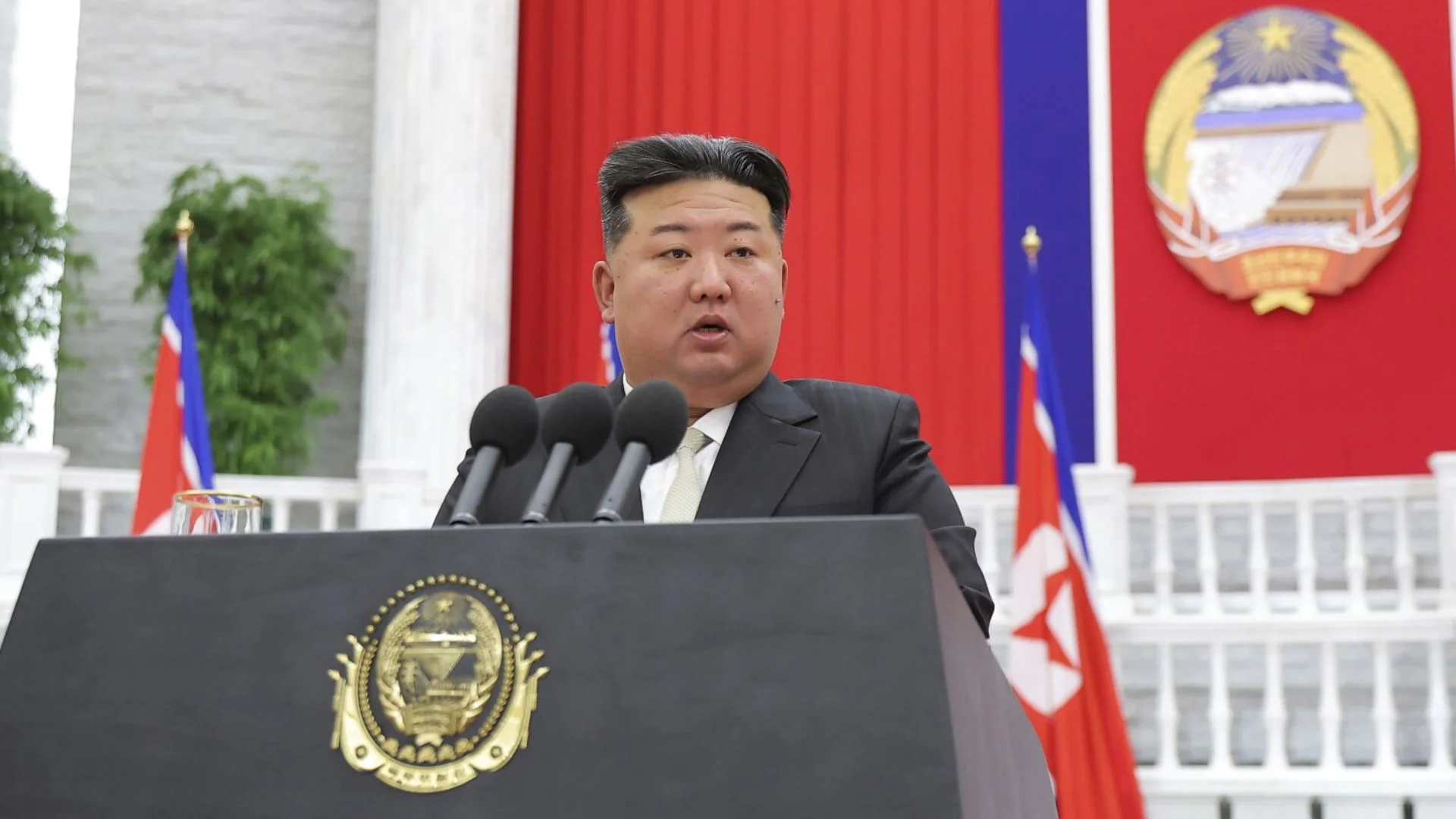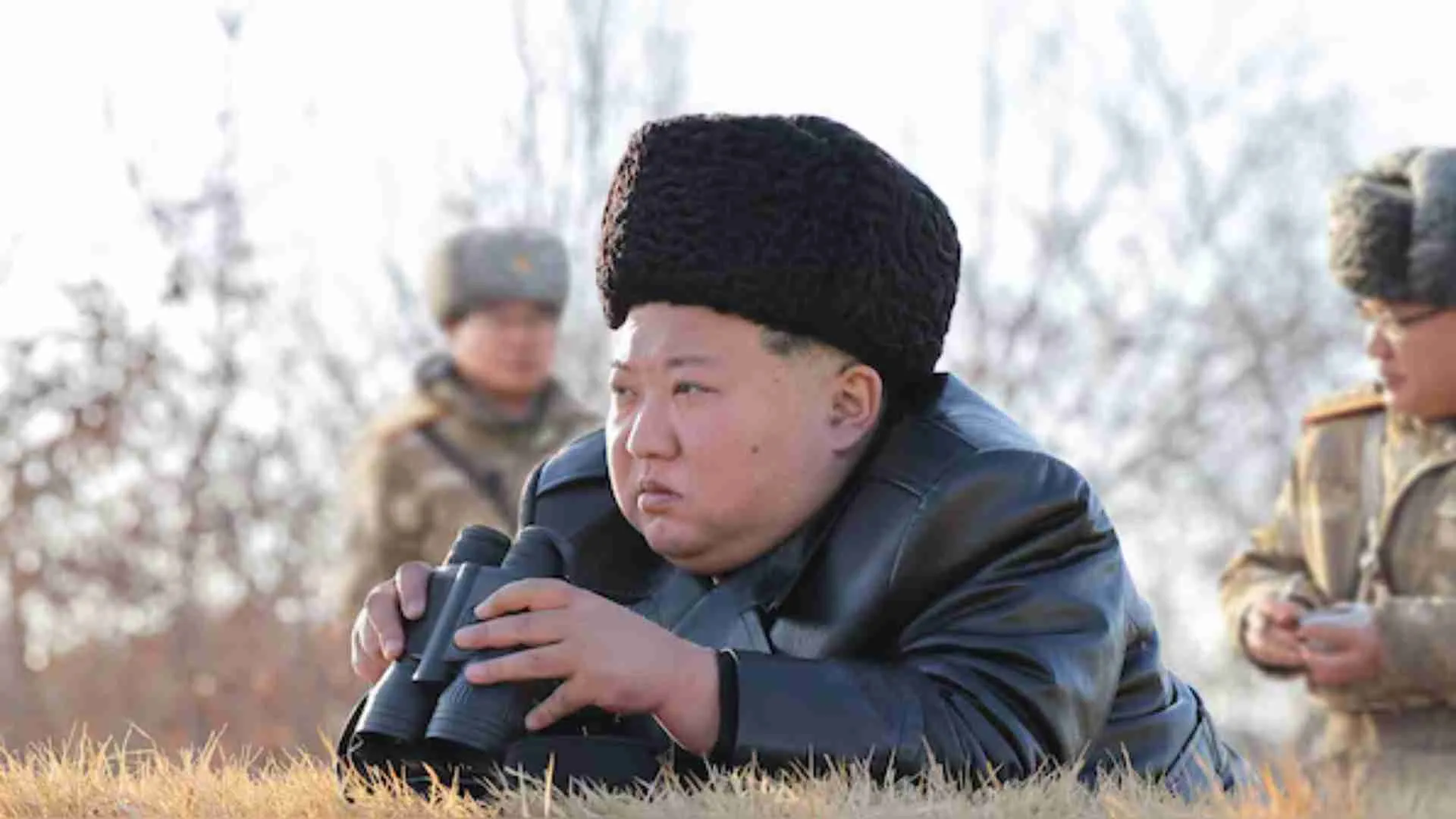Canada is quietly taking steps to reduce the number of immigrants entering the country, reflecting how immigration has become a significant political issue ahead of the next federal election. Recent figures obtained by Reuters indicate that the ratio of rejected visitor visa applications has been higher than approvals in recent months, marking the highest refusal rate since the peak of the pandemic. In January, February, May, and June of 2024, immigration officials rejected more visa applications than they approved. Concurrently, the approval rates for study and work permits have also declined. In July alone, Canada refused entry to nearly 6,000 foreign travelers, including students, workers, and tourists—the highest number since at least January 2019. This shift appears to be an unofficial change, with no formal policy alteration reported.
Public Opinion and Government Response
A recent shift in Canadian public opinion towards immigration, influenced by the ongoing cost-of-living crisis, is becoming increasingly evident. An immigration lawyer from Nova Scotia noted a rise in rejection rates and growing hostility towards immigrants, a sentiment that was less openly expressed just a few years ago. Last week, Immigration Minister Marc Miller acknowledged the need to reassess the volume of permanent residency applications, suggesting that significant changes might be necessary to address public concerns. Prime Minister Justin Trudeau echoed this sentiment, indicating plans to scale back the temporary foreign worker program, which has seen a surge in applications and was recently criticized by a UN special rapporteur for fostering conditions akin to modern slavery.
Impact on Temporary Foreign Worker Program
In 2023, the number of temporary foreign workers approved by employers reached 239,646—more than double the figure from 2018. The program, initially designed for sectors with labor shortages, has expanded into areas like fast food and construction. Trudeau announced that employers in sectors with unemployment rates above 6% would no longer be able to hire low-wage temporary foreign workers, with exceptions for agriculture, food processing, and healthcare sectors. Additionally, Trudeau hinted at reducing the number of permanent residents accepted each year, potentially reversing years of increased immigration levels under his administration.
Political Implications
As the federal election approaches, immigration has become a contentious issue, with Conservative leader Pierre Poilievre criticizing Trudeau’s government for what he described as a “radical and out of control” approach to immigration. Poilievre argued that the government’s policies have led to population growth outpacing housing development, pledging to tie population growth to housing construction rates if elected. While Trudeau and Miller defend immigration as vital to Canada’s economic growth, they acknowledge that the current volume, coupled with inadequate infrastructure investment, has exacerbated the country’s ongoing crisis.























